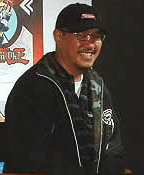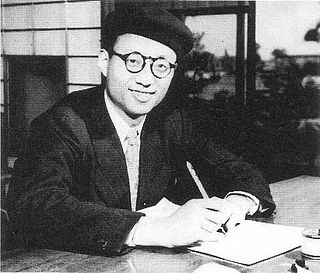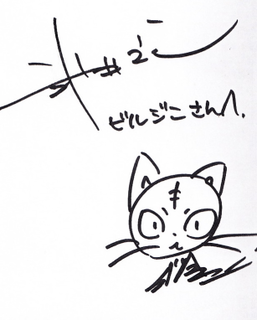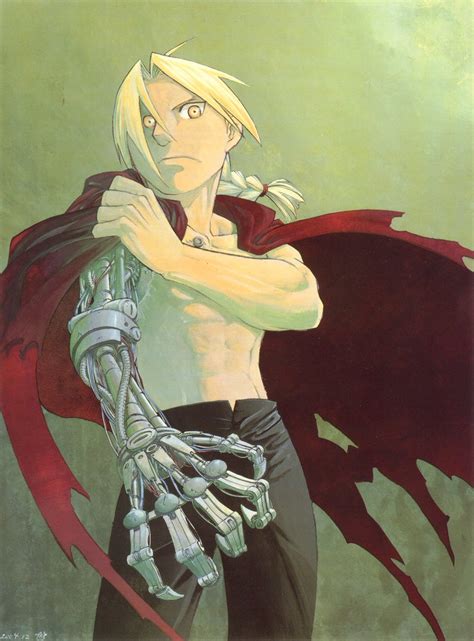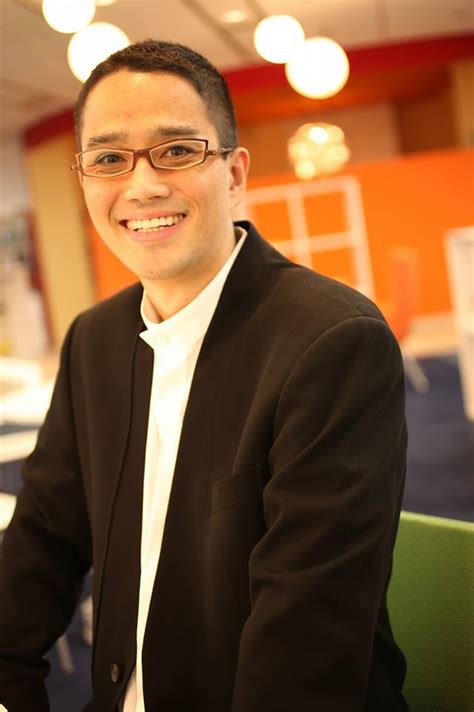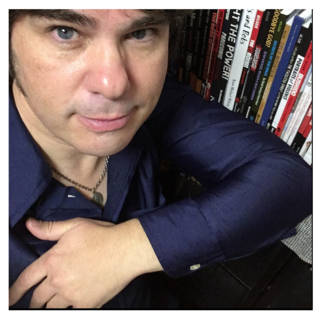A Quote by Akira Toriyama
For a long time, I've loved the kind of characters who are boastful yet petty. I was originally a gag manga artist, after all.
Related Quotes
Truth is stranger than fiction," as the old saying goes. When I watch a documentary, I can't help crying and then I think to myself, "Fiction can't compete with this." But when I mentioned this to a veteran manga artist friend of mine he said that "fiction brings salvation to characters in stories that would otherwise have no salvation at all." His words strengthened the conviction of my manga spirit.
I think that nationality has no relation to that which gives rise to manga. Even among the Japanese, manga creators are making their creations everyday reflecting their own individuality, with none being the same. What is important isn't the differences between the creators but their love for manga.
The thing is that I don't normally think in terms of manga when I'm writing. Sounds odd from someone who has is getting a reputation for doing manga related work. But I would say that my scripts are NOT manga at the stage of my writing process, they are just comic book stories in a more general sense.
